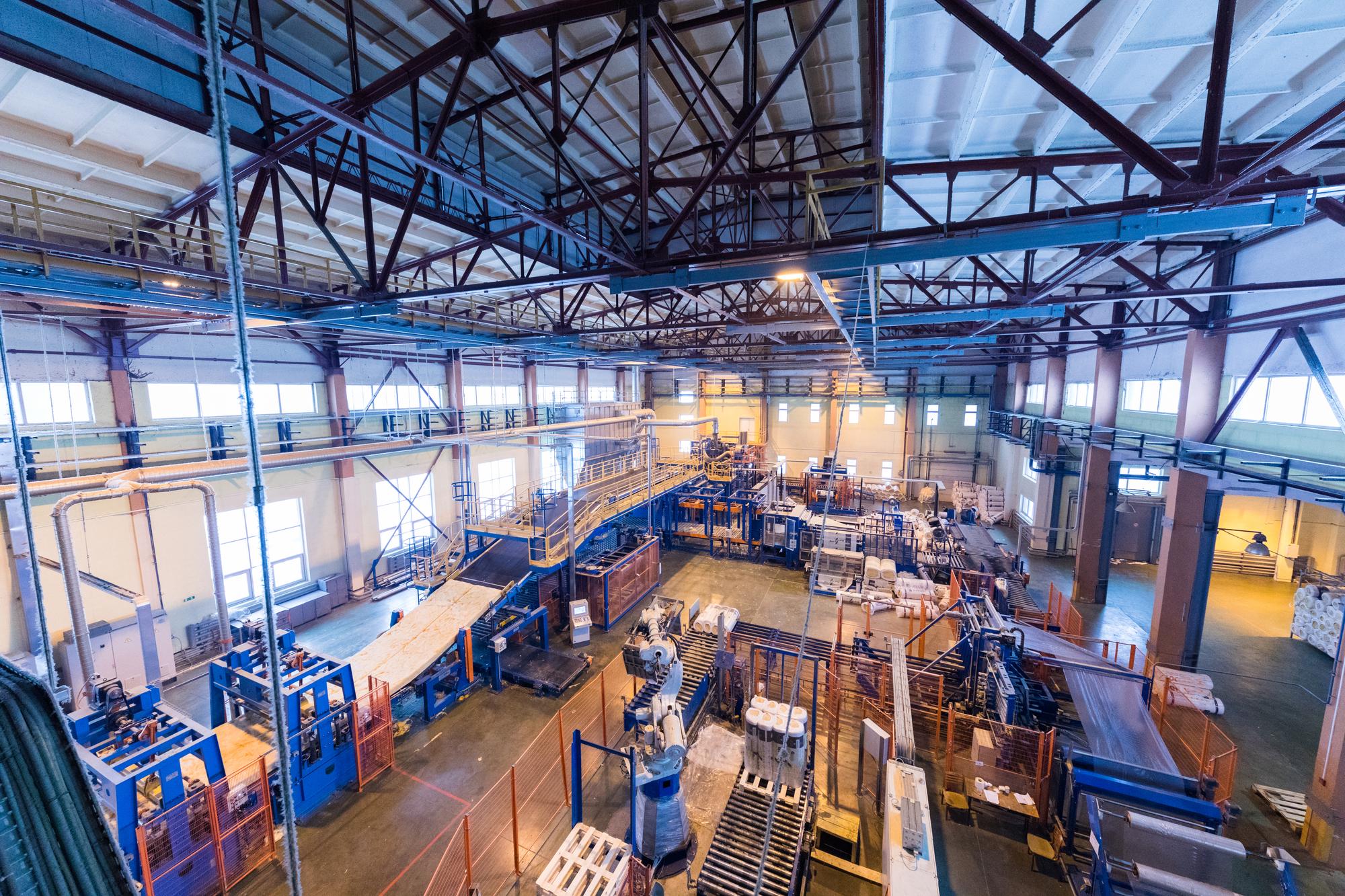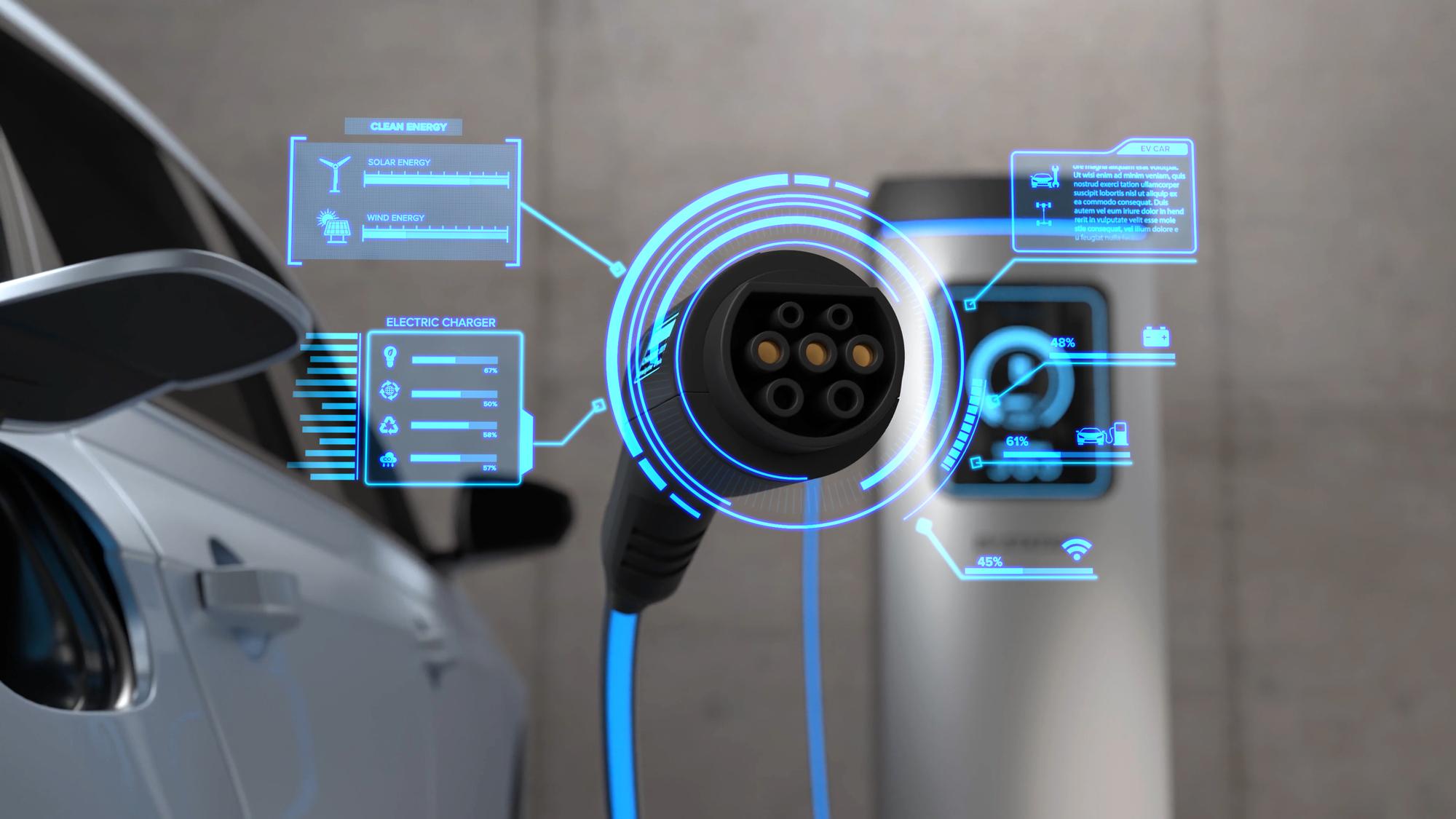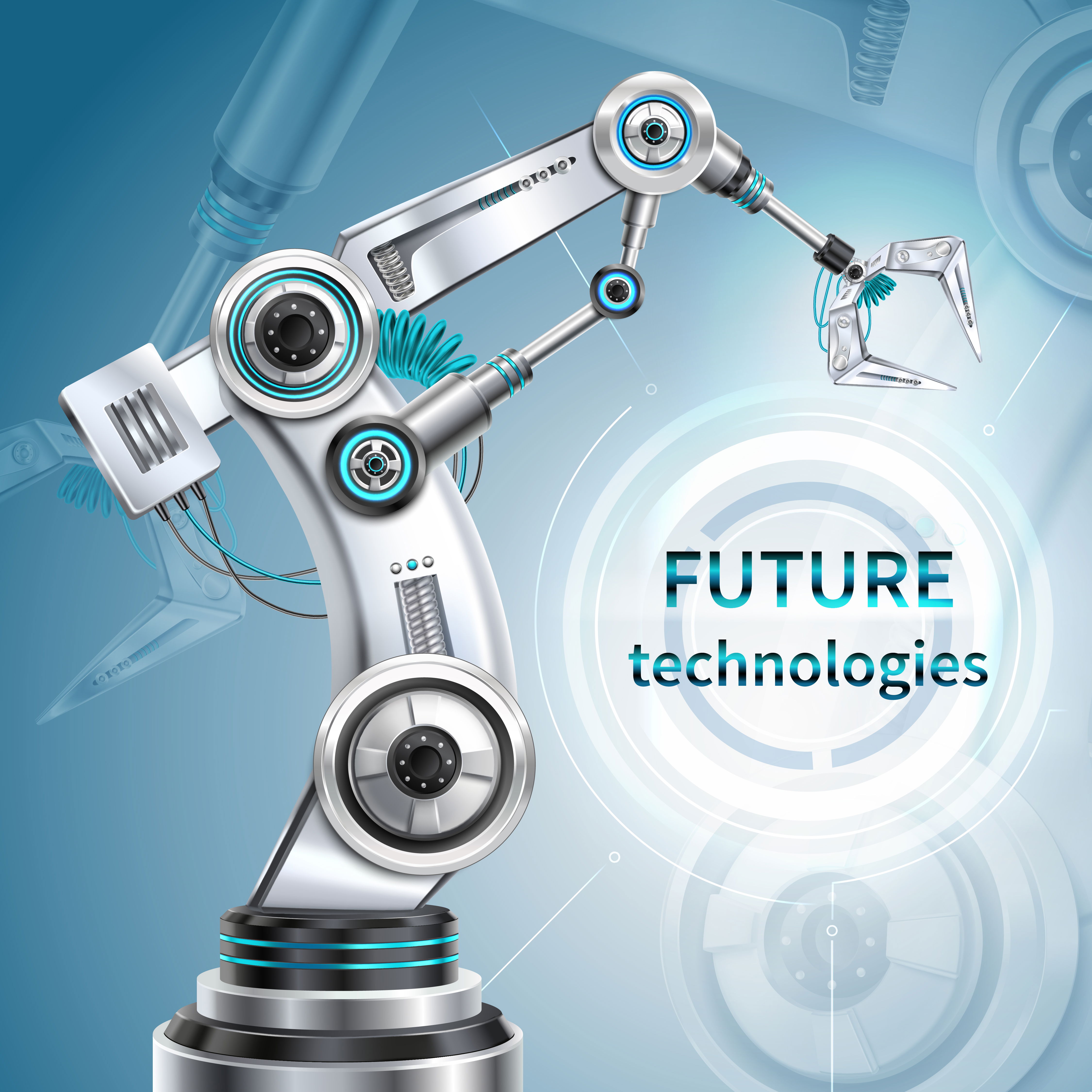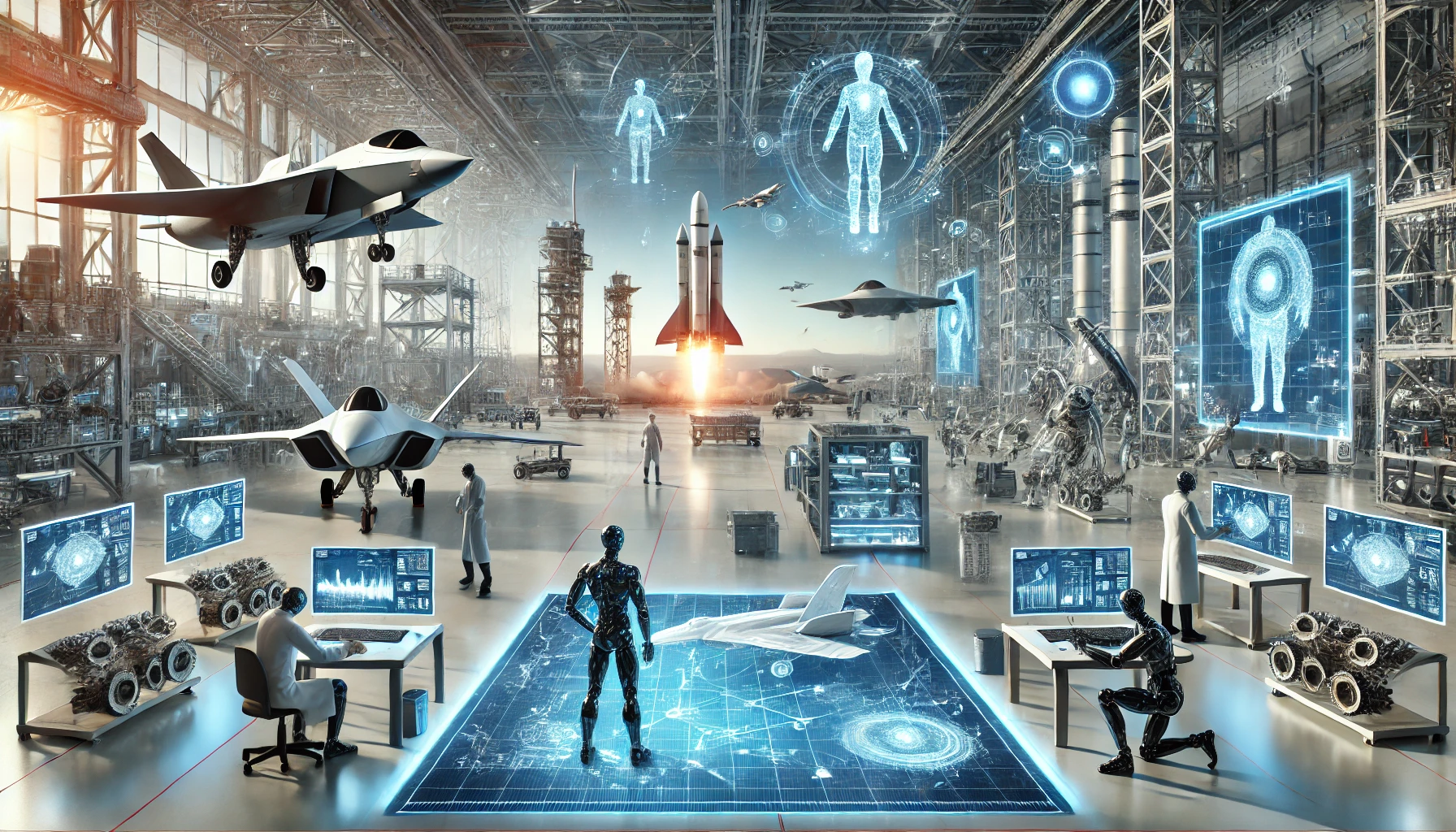4 Industrial & Manufacturing

4-1 Electric Vehicle (EV) Production
The global shift towards sustainable mobility has made electric vehicle (EV) production one of the most critical and fast-growing industries of the modern era. EVs represent the future of transportation, reducing dependence on fossil fuels and significantly lowering carbon emissions. Investments in EV production involve multiple key components:
- Battery Technology & Energy Storage – The development of high-performance lithium-ion, solid-state, and alternative battery solutions improves vehicle range, charging speed, and longevity. Companies focusing on battery advancements are essential to making EVs more efficient and accessible.
- Autonomous & Connected Vehicles – AI-driven autonomous driving technology and smart connectivity enhance the safety and convenience of EVs, making transportation smarter and more efficient. Vehicle-to-Everything (V2X) communication allows seamless integration with smart city infrastructure.
- EV Charging Infrastructure – A widespread, fast-charging network is crucial for mass EV adoption. Investments in wireless charging, ultra-fast DC chargers, and solar-powered charging stations are driving innovation in sustainable transportation.
- Manufacturing & Supply Chain Optimization – The global EV industry relies on an advanced supply chain for sourcing materials like nickel, lithium, and cobalt, alongside cutting-edge automated production lines to improve efficiency and reduce costs.
The future of EV production is driven by policy incentives, technological breakthroughs, and consumer demand, making it a highly lucrative and transformative sector for investors.

4-2 Sustainable Construction Materials
As global urbanization continues, the construction industry is under pressure to adopt environmentally friendly materials that reduce carbon footprints while maintaining durability and cost-efficiency. Sustainable construction materials play a vital role in creating resilient, energy-efficient, and eco-conscious buildings for the future. Key advancements in this sector include:
- Green Concrete & Carbon Capture Technologies – Traditional cement production is a major contributor to CO₂ emissions. Carbon-negative concrete, bio-based binders, and self-healing concrete offer eco-friendly alternatives while improving durability.
- Cross-Laminated Timber (CLT) & Engineered Wood – These materials replace conventional steel and concrete in skyscrapers, offering high strength, carbon sequestration, and renewable sourcing while reducing construction waste.
- Recycled & Upcycled Materials – Innovations in recycled plastics, reclaimed steel, and bio-bricks allow for waste reduction while maintaining high-performance standards in construction.
- Smart Insulation & Energy-Efficient Coatings – Advanced thermal insulation panels, aerogels, and solar-reflective coatings minimize heat loss and reduce energy consumption in buildings.
The demand for eco-conscious infrastructure is growing as governments, corporations, and consumers seek to prioritize sustainability in urban development. Investing in this sector positions stakeholders at the forefront of a rapidly evolving construction industry.

4-3 Robotics & Automation
The fourth industrial revolution is being driven by robotics and automation, revolutionizing industries through AI-driven manufacturing, precision robotics, and smart automation systems. These innovations improve productivity, safety, and cost-efficiency in various industries, from healthcare to logistics and advanced manufacturing. Key aspects of this sector include:
- Industrial Automation & Smart Factories – AI-powered robotic arms, automated assembly lines, and machine learning-driven quality control streamline production in industries like automotive, electronics, and aerospace.
- AI & Machine Learning Integration – Deep learning algorithms and autonomous robots enhance predictive maintenance, data-driven decision-making, and intelligent automation in various fields.
- Service & Healthcare Robotics – Robotic assistants in hospitals, elder care, and customer service are transforming industries by improving efficiency and patient care.
- Logistics & Warehousing Automation – AI-powered autonomous guided vehicles (AGVs), drone delivery systems, and robotic inventory management are redefining e-commerce, supply chain, and warehouse operations.
With demand for increased efficiency, precision, and labor cost reduction, the robotics and automation sector presents immense investment potential, driving the next wave of technological advancement and industrial transformation.

4-4 Aerospace & Defense Manufacturing
The aerospace and defense industry is at the forefront of technological innovation, national security, and space exploration. With the rise of next-generation aircraft, hypersonic technology, and AI-driven defense systems, investments in this sector are shaping the future of global security and space travel. Key innovations in this field include:
- Advanced Avionics & Unmanned Systems – AI-powered autonomous drones, surveillance aircraft, and hypersonic weapons are reshaping military and commercial aviation.
- Space Exploration & Commercial Space Travel – Private-sector investments in satellite deployment, space mining, and reusable rockets are driving the new space economy. Lunar and Mars colonization projects further fuel industry expansion.
- Next-Gen Fighter Jets & Defense Systems – Countries are developing stealth aircraft, high-energy laser weapons, and missile defense systems to maintain technological superiority in global security.
- Sustainable Aerospace Technologies – Biofuels, hydrogen-powered aircraft, and electric propulsion systems are redefining eco-friendly air travel and reducing aviation emissions.
The aerospace and defense sector remains a cornerstone of economic and technological progress, making it a prime area for strategic investments.

__________________________________________________________
Conclusion
At Royal Investment, we are committed to shaping the future of industry and technology through strategic investments in electric vehicle production, sustainable construction materials, robotics & automation, and aerospace & defense manufacturing. These sectors represent the foundation of tomorrow’s economy, driving progress in transportation, infrastructure, advanced manufacturing, and national security. By investing in EV production, you contribute to the global transition toward clean energy and the rapid growth of the sustainable mobility industry. Sustainable construction materials pave the way for eco-friendly urban development, reducing carbon footprints while maintaining efficiency and durability. Robotics and automation are revolutionizing industries by enhancing productivity, precision, and scalability. Meanwhile, aerospace and defense manufacturing is driving innovation in space exploration, aviation, and national security technologies. These industries are not just profitable investment opportunities; they are the building blocks of a smarter, safer, and more sustainable future. Partner with Royal Investment today, and be at the forefront of technological evolution and industrial transformation. The future is now—invest with confidence.